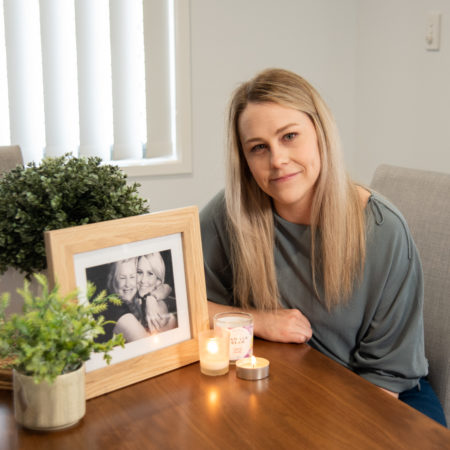
#1: More time with loved ones
For Elizabeth, research means other families touched by lung cancer may have more time with their loved ones.

In honour of our 30th anniversary, we’re highlighting 30 reasons to donate to life-changing lung disease and lung cancer research. These reasons are being shared through the compelling stories of those affected, and by the researchers we support who are working tirelessly to discover life-saving breakthroughs. With emerging evidence of permanent lung damage in COVID-19 patients, now more than ever, we need to invest in ground-breaking lung health research.
Together, we can change lives and give hope for a brighter future. Research saves lives and gives hope for a cure.

For Elizabeth, research means other families touched by lung cancer may have more time with their loved ones.
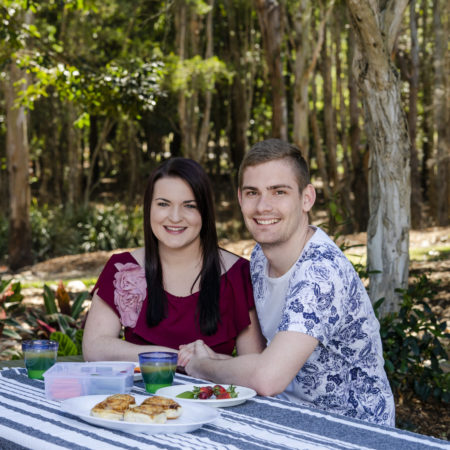
For Cobey, research means the chance to grow old with her husband and hope for a cure.
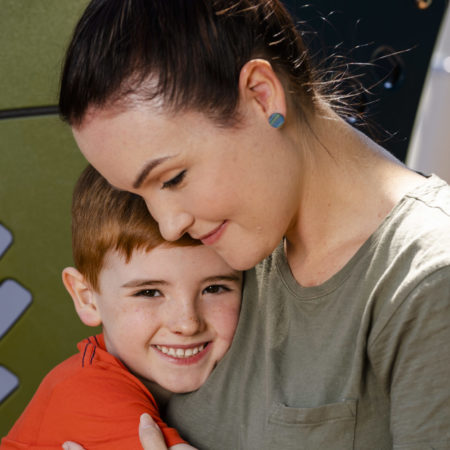
For Ethan’s Mum, Lauren, research means having a healthy boy who can live until he is old and grey with a rocking chair on a porch somewhere.
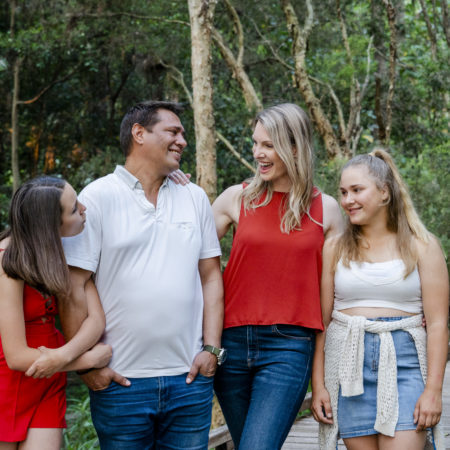
For Michel, research means being there for his daughters as a father and for their kids’ as a grandfather.
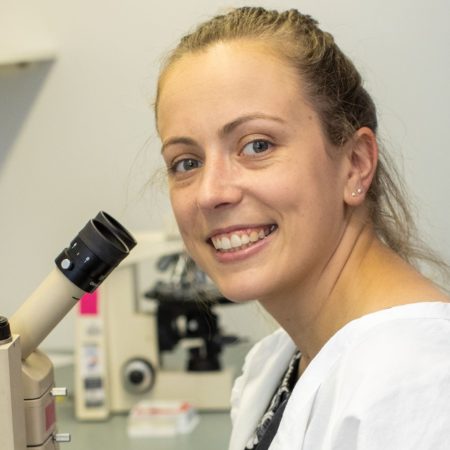
For Dr Laura Glenn, research means answering clinical questions using rigorous processes to generate evidence-based solutions.
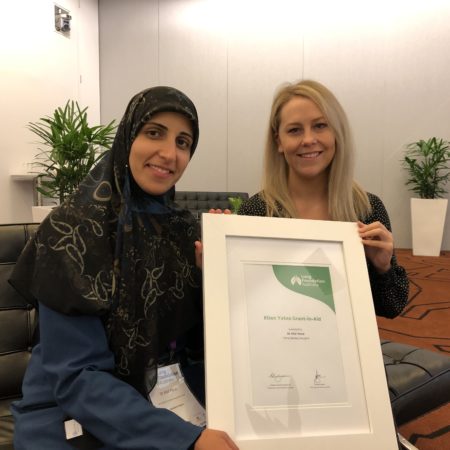
For Dr Afaf Abed, research means exploring the evidence patiently in order to improve patient health.
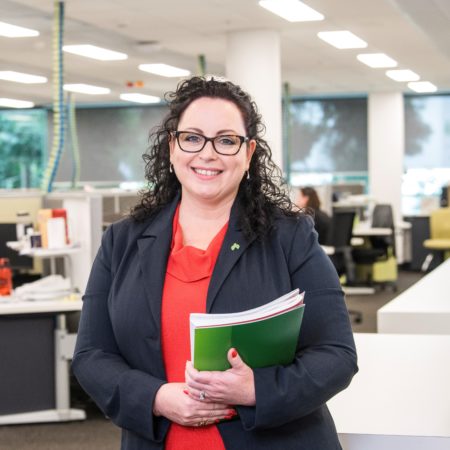
For Dr Vanessa Brunelli, research means the ability to develop a better understanding of the needs and wants of lung cancer patients within her care.
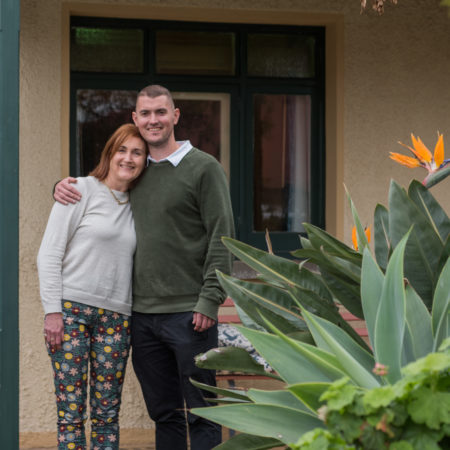
For Lachlan, research means the treatment that is saving his life can continue to improve.
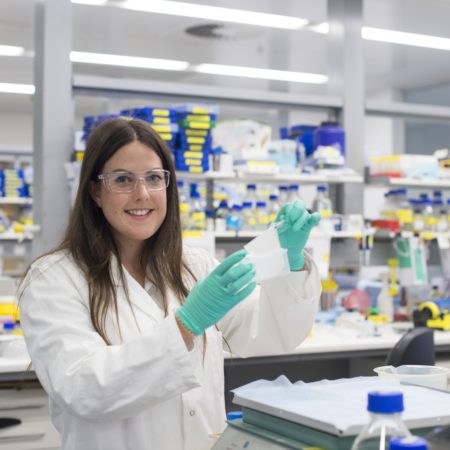
For Dr Clare Weeden, research means everything. It means hope for the next generation of lung cancer patients.
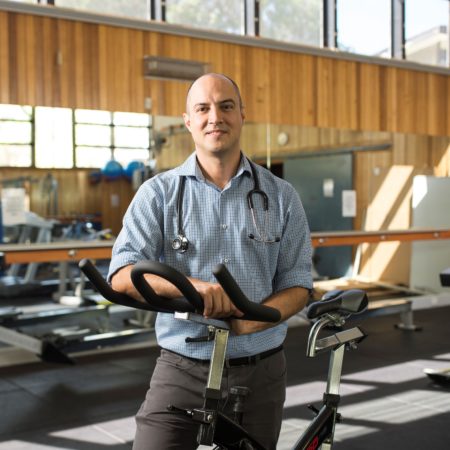
For Dr Christian Osadnik, research means unifying expert insights from patients, healthcare professionals and researchers to improve delivery and health outcomes.
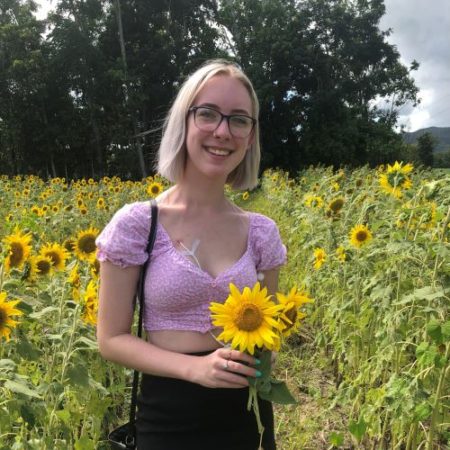
For Zali, research means hope that she can live out her dreams of traveling the world and one day raising a family.
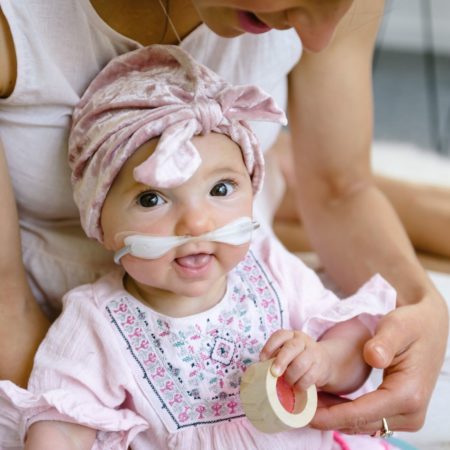
For Shaun and Georgie, research into lung disease holds the key to allowing their girl to grow up, to do the everyday things most take for granted and to, one day, have her own family.
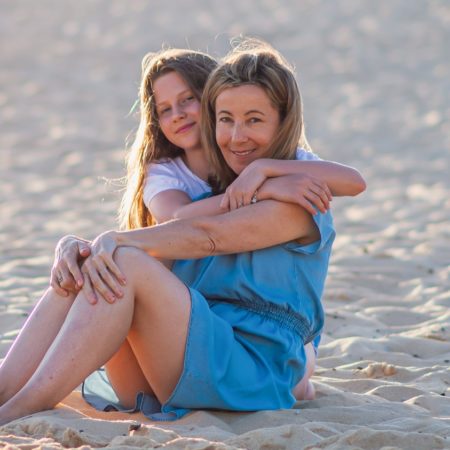
For Georgia, research into lung cancer means more treatment options to allow her, and other Australians in a similar situation, to spend more time with their children and family.
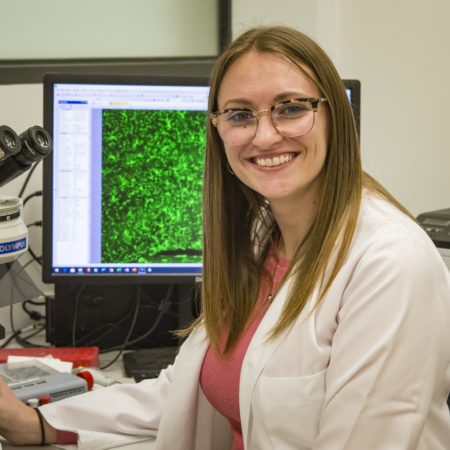
For Dr Simone De Luca, research means a healthy and sustainable environment for future generations.
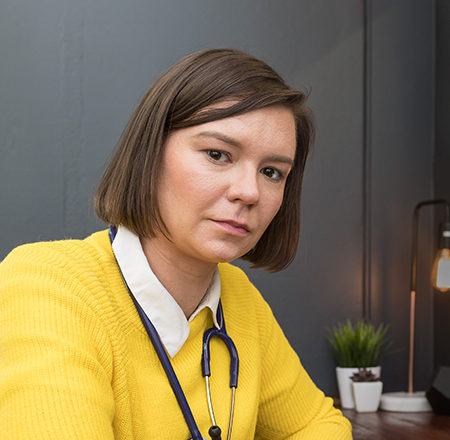
For Tegan, research means longer life expectancy, more effective treatments and to one day find a cure.
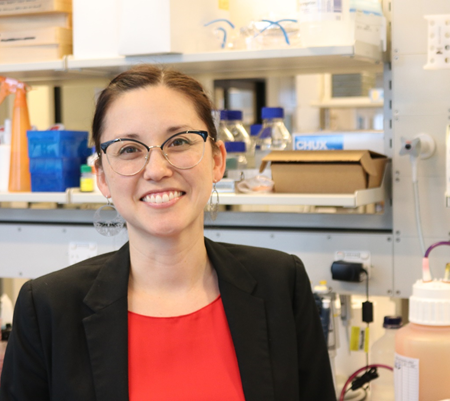
For Dr Venessa Chin, research means the discovery of the new and unknown and that one day there will be a cure for lung cancer.
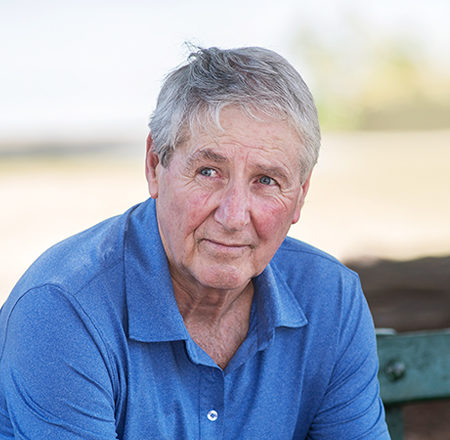
For Bill, research means more time to see his grandchildren grow. And research means hope … hope for greater understanding of lung disease, and of better medications to deal with it.
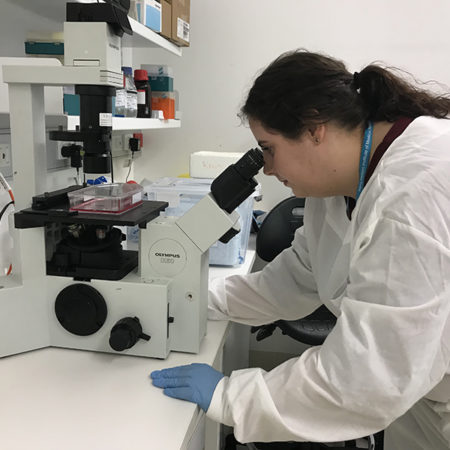
For Tylah Miles, research means hope that patients can live a long and happy life with their loved ones.
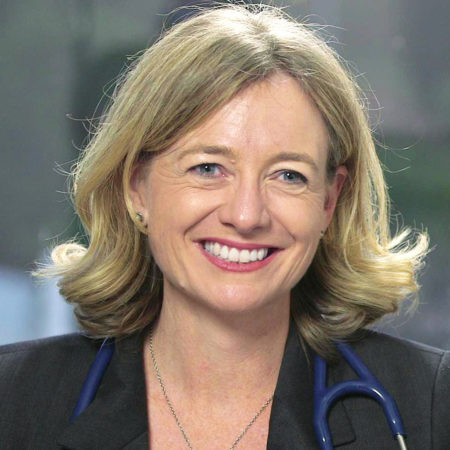
For A/Prof Lucy Morgan, research means finding a piece of the puzzle that helps to improve the lives of her patients.
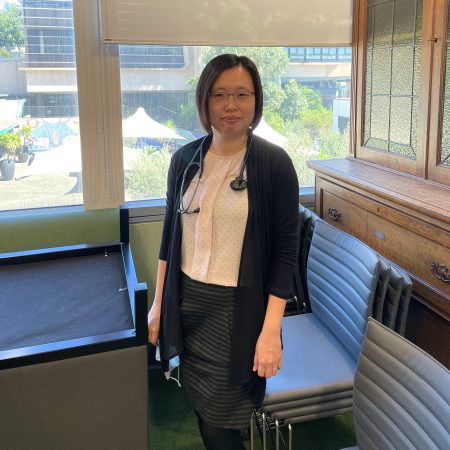
For Dr Yet Hong Khor, research means a chance to improve the quality of life and prognosis for pulmonary fibrosis patients.
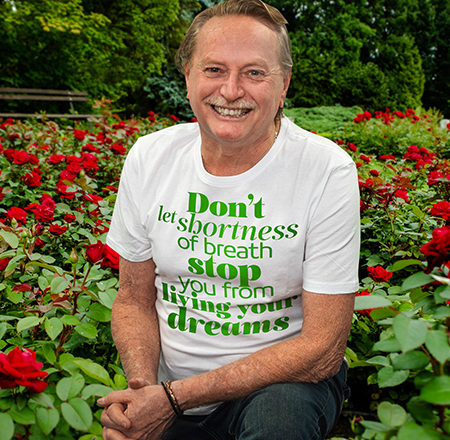
For Clayton, research means hope of an improved quality of life, more time with friends and ultimately, a cure for all lung diseases.
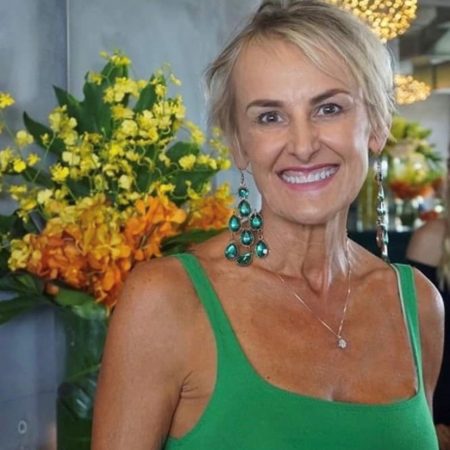
For Michelle, research means being able to control the progression of lung disease, and hope of a better quality of life.
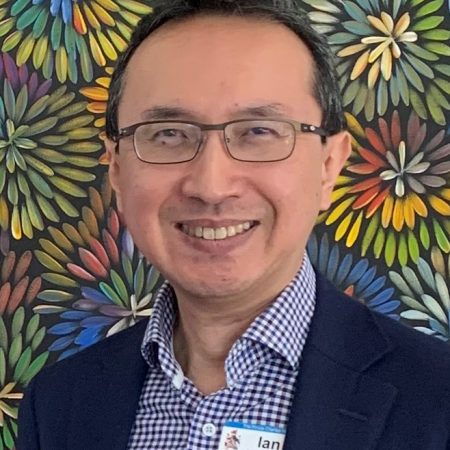
For Dr Ian Yang, research means a better quality of life for COPD patients and better treatment options for all people living with a lung condition.
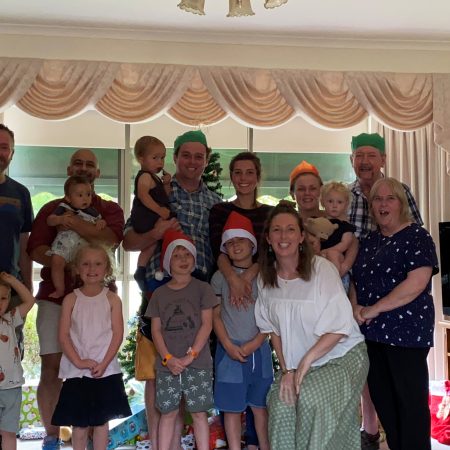
For Ian, research means an improved quality of life and hope of a future free from lung disease.
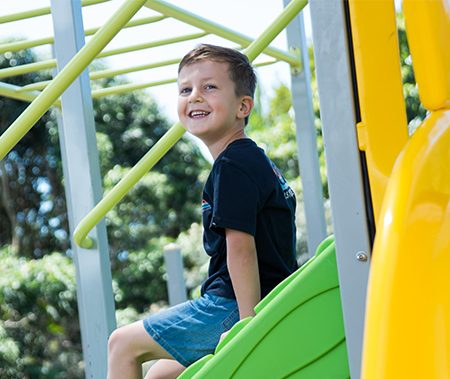
For Freddy’s Mum, Melissa, research means hope that her son can have a normal, happy life without boundaries.
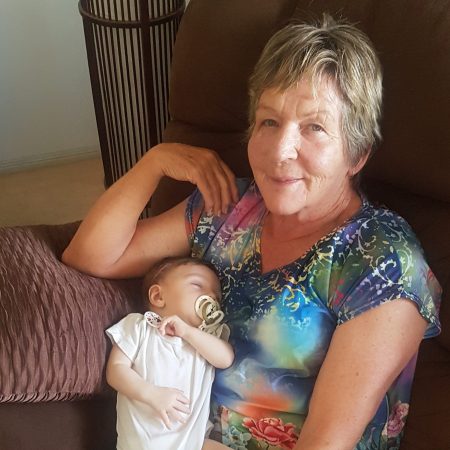
For Anne, research means access to life-changing treatment that is helping her get back to doing the things she loves.
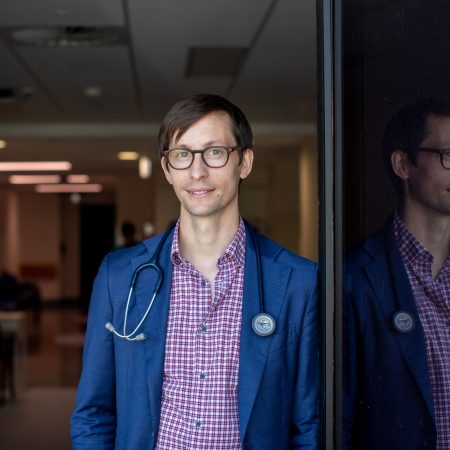
For Dr Matthew Parker, research means more accurate diagnosis and better treatment outcomes.
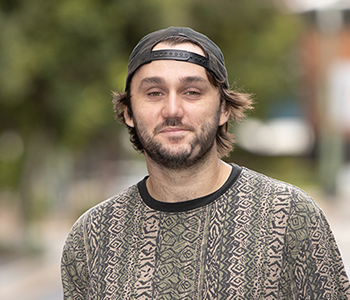
For Brennen and his family, research means hope that other families don’t have to experience losing a loved one to Idiopathic Pulmonary Fibrosis.
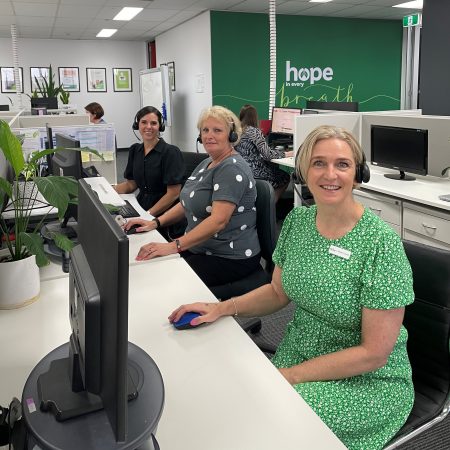
For Lung Foundation Australia's telephone support nurses, research means their patients can have access to new and affordable treatments that improve quality of life and survival.
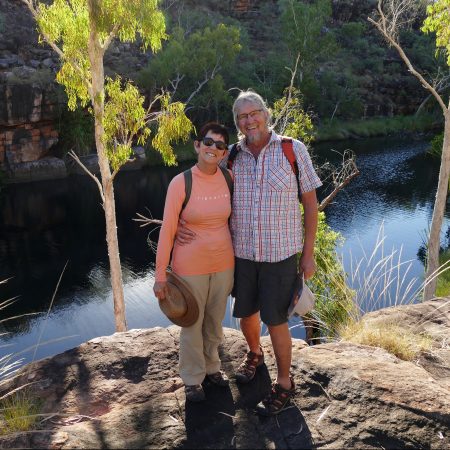
For Di Cox, a gift towards lung health research meant creating a legacy for a future without Pulmonary Fibrosis.